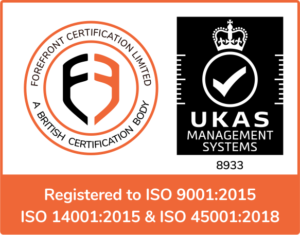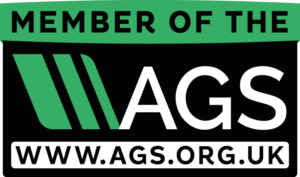Contact Us
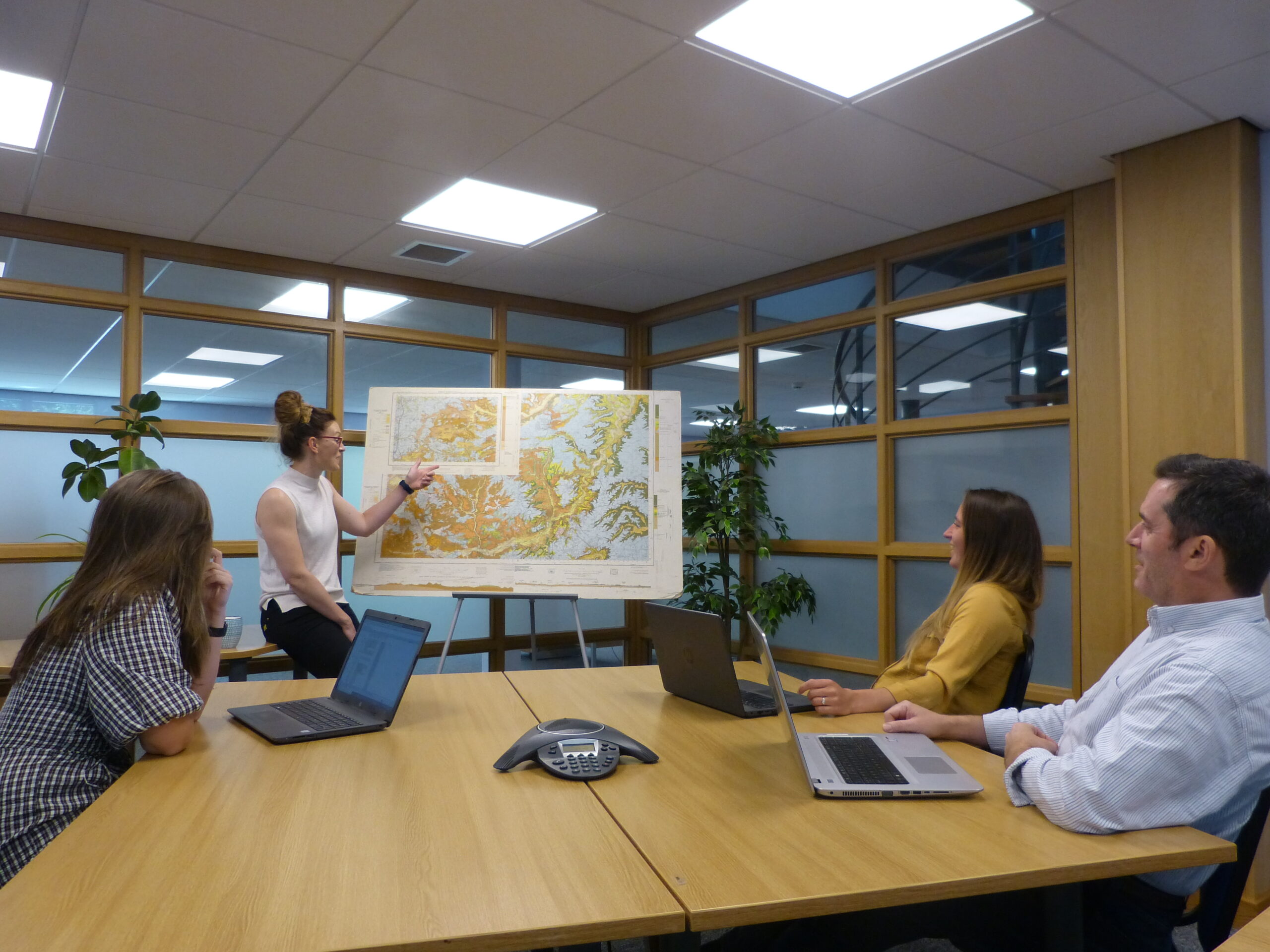
Why Work Experience Matters – And Why We Do It Differently at Soiltechnics
Work experience
When I did my work experience, I ended up at a local nursery school. It was close by, and to be honest, there weren’t many other options available. I went in with an open mind, but by the end of the week I’d learned something important – mainly that childcare wasn’t for me.
And that’s not a bad thing.
Work experience doesn’t always have to confirm what you do want to do. Sometimes, it’s just as useful to figure out what isn’t the right path. But what stood out the most to me was how limited the options were, and how little support there was in making the experience feel connected to real career goals. That stuck with me – and it’s part of the reason why, at Soiltechnics, we take a completely different approach.
Making Work Experience Count
At Soiltechnics, we know that one week can make a big difference – not just for students, but for the future of our industry. That’s why we make the effort to ensure every placement we offer is hands-on, engaging, and actually useful. Whether someone’s into science, engineering, the environment and sustainability, or just figuring things out, we want their time with us to help them learn something real – not just make tea or watch from the sidelines.
We give students a chance to:
- Get involved in real projects, with meaningful tasks.
- Ask questions and learn from experienced professionals.
- See what a future in this field could really look like.
- Explore whether this type of work and working environment fits their interests and skills, and just as importantly, if it does not.
Why It Matters to Us
We believe that the best way to build a strong, skilled workforce for the future is to start early – by showing young people the wide range of opportunities out there. That means offering more than a place to spend five days. It means giving them insight, purpose, and support.
Because we’ve been there, we know what it’s like to do work experience that doesn’t connect, that feels like a box-ticking exercise. And we also know how powerful it can be when someone takes the time to make it matter.
Let’s Do Better
Whether students walk away excited about a future in ground engineering or decide it’s not for them – we want their experience at Soiltechnics to feel worthwhile. At the very least, we hope it helps them take a step closer to figuring out what is right for them.
Because that’s what good work experience is all about.
So if you are interested in learning more, or would like more information about how work experience opportunities, get in touch with us today.
Don’t just take my word for it
Here’s what our most recent work experience student – an A-Level Geography student from Wootton Park School – had to say about her week with our Ground Investigation team:
In March, Soiltechnics offered me a weeklong work placement— a valuable and fulfilling experience.
What I had initially deemed as nerve-wracking— entering an office surrounded by those with expertise far above my own, in a sector I had never encountered before — turned out to be extremely insightful as I interacted with a cluster of people, from a senior geo-environmental engineer to a principal geotechnical engineer, understanding the mechanics of the business.
The geotechnical consulting company ‘bores’ into the analysis of soil and ground-related risk management— a vocation which can be split into 3 main divisions: desk studies, ground investigations, and ‘Geotech’. Throughout the week, I rotated around these three sections.
‘Desk studies’ refer to preliminary research done on a proposed site before any work takes place, creating a profile on a proposed site. On the first day, I was given materials to create a desk study on, guided seamlessly by professionals. Here, my ability to analyse and selectively choose relevant information strengthened. ‘Ground investigations’ encompass all activities taken to understand the attributes of a site. It was also the area I enjoyed the most. Being given a series of logged soils to investigate, I was mentored by the team, determining the characteristics and subsequent classification of a material. The ‘Geotech’ subsection utilises engineering knowledge of earth materials to determine appropriate physical and mechanical properties of the ground. In this subsection, I learnt data analysis and attempted to construct graphs accessible to a client.
Throughout the entirety of the week, the people around me were easy-going, friendly and always willing to help whenever I was stuck (which was quite often).
As someone who didn’t have a strong grasp of the geo-technical sphere originally, the company did a remarkable job of introducing the industry to me.
Thank you Soiltechnics for this opportunity.
Since starting my placement year with Soiltechnics training to be a geo-environmental engineer, I have had the opportunity to work alongside the skilled professionals who form this company and the chance to dive into a variety of exciting projects, gaining invaluable hands-on experience in the process. My time at Soiltechnics has certainly been memorable – from learning how to operate new software tools such as QGIS and writing technical reports in the office, to traveling around the UK, logging to British standards and most likely getting soaked completing fieldwork.
From Environmental Science to Geo-Environmental Practice
As an Environmental Science student at Lancaster University, my exposure to geo-environmental engineering was very limited when I first started. This is why one of the highlights of my placement was being constantly exposed to a multitude of different jobs and being able to get well and truly stuck in exploring information, techniques and problems I had never encountered or interpreted before. For example, I learnt to consider the historical impact of mining, landfills and the potential consequences from various industrial and commercial activities on a site.
I was also taught how to complete foundation and chemical assessments and based on such, recommend suitable strategies and solutions clients could utilise.
I have thoroughly enjoyed the fieldwork aspect included in my role. I have joined colleagues on a variety of jobs and witnessed an array of ground investigation techniques that I would never have encountered during my degree.



A transformative placement year of learning
Reflecting on this year, I can say with confidence my placement has been an exceptionally valuable experiences and one of the highlights of my academic journey. With the guidance of colleagues and the fantastic training courses I have been able to attend, I have deepened my understanding of geo-environmental engineering and gained knowledge and skills I will take into my future career.
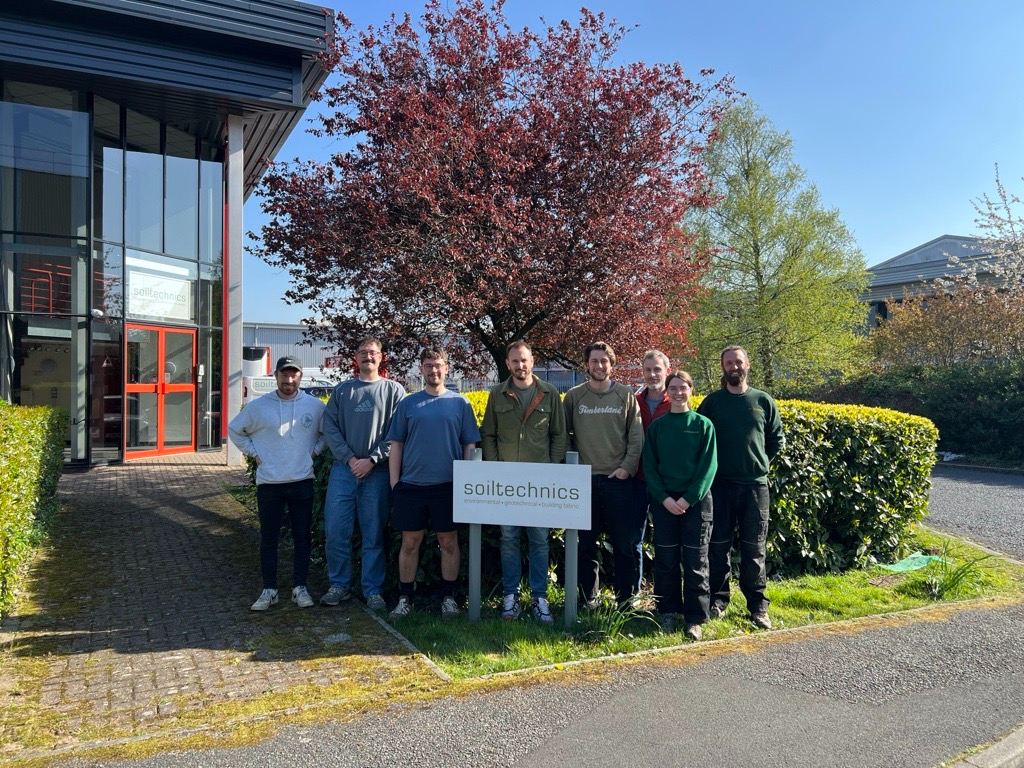
Basement developments are becoming increasingly common in London due to the lack of available space.
Sometimes, the development is a simple expansion of an existing partial basement beneath the footprint of the property. In other cases, the development is larger and can be several storeys into the ground.
There is a natural concern with the number of basement developments occurring and the potential impacts these have on the surrounding infrastructure and environment.
This is ever more evident to the public following a number of high profile building collapses during ‘basement development’ works.
Any planning application to construct a basement or expand an existing basement will need to demonstrate that the scheme will not adversely impact the surroundings.
What Is A Basement Impact Assessment?
In short, a Basement Impact Assessment (commonly referred to as a BIA) is a technical report that considers the impact of a proposed basement on the site and surrounding area.
The report should be written by a professionally qualified Chartered Engineer (CEng) and/or Chartered Geologist (CGeol).
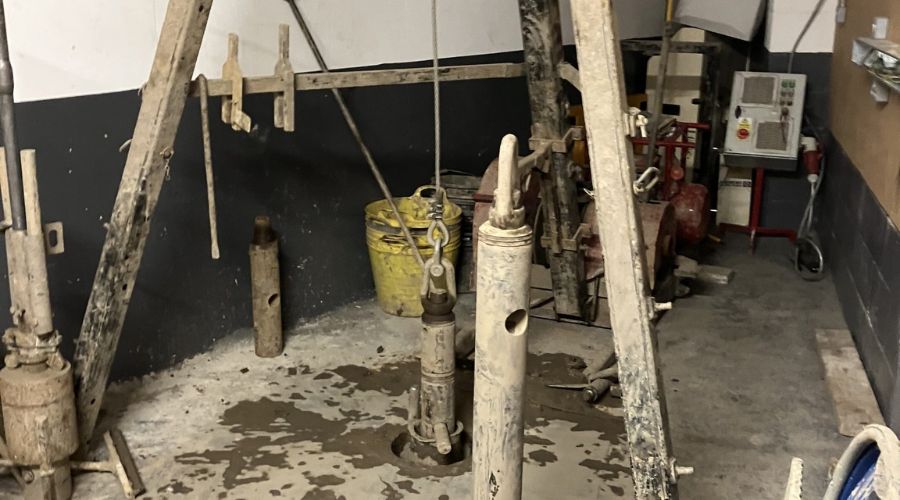
Where Are Basement Impact Assessments Required?
This depends, but generally, a Basement Impact Assessment is required when it’s been specified by the local planning authority.
London boroughs are notably stringent when it comes to basement development.
Soiltechnics has years of experience undertaking all stages of a Basement Impact Assessment on domestic and commercial basement projects throughout the city of London.
Get in touch with our team to learn more.
The Stages of a Basement Impact Assessment
The report will generally be structured into four stages. These stages include:
1. Screening
2. Scoping
3. Site investigation and study
4. Impact assessment
1. Screening
The screening stage involves a review of desk study information and identifies matters that require further investigation.
This will include items such as likely ground conditions, groundwater levels, and surface water flows, to name a few.
2. Scoping
Building upon the issues noted in the Screening stage, the impacts of those issues are identified in the scoping stage, alongside recommendations for mitigation measures.
3. Site Investigation & Study
This stage, if required, entails physical works at the site to confirm ground and groundwater conditions, and existing foundation depths.
This might include drilling boreholes to confirm ground conditions or excavating pits to confirm the existing foundation layout.
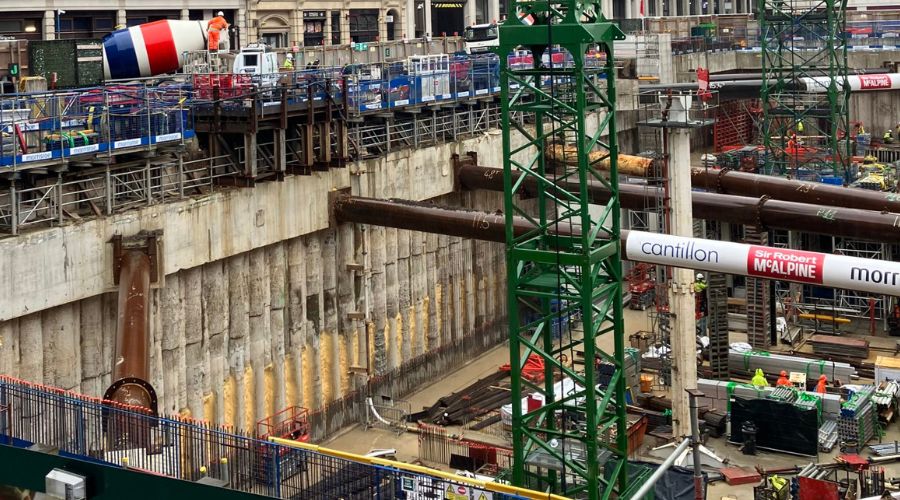
4. Impact Assessment
Detailed geotechnical modelling (Ground Movement Analysis) is undertaken to assess the impact on neighbouring properties.
This will include an assessment of the Burland Damage Category for the properties affected by the development.
The impact on local infrastructure will also be assessed and, if required, the imposed stress and strain on utilities.
How Can Soiltechnics Help With Your Basement Scheme?
Soiltechnics has a strong track record of supporting clients with planning applications.
Our in house professionals often form part of an integrated design team alongside structural engineers and drainage professionals, to name a few.
Contact our experienced team at +44(0) 1604 781877 or enquiries@soiltechnics.net today to find out how we can help and learn more about the services we provide.
